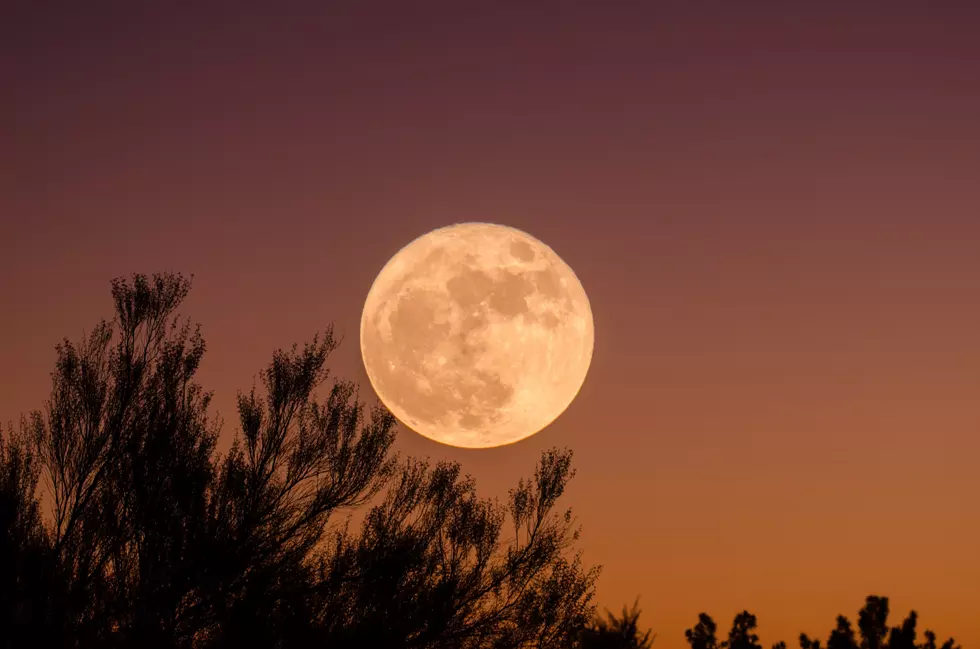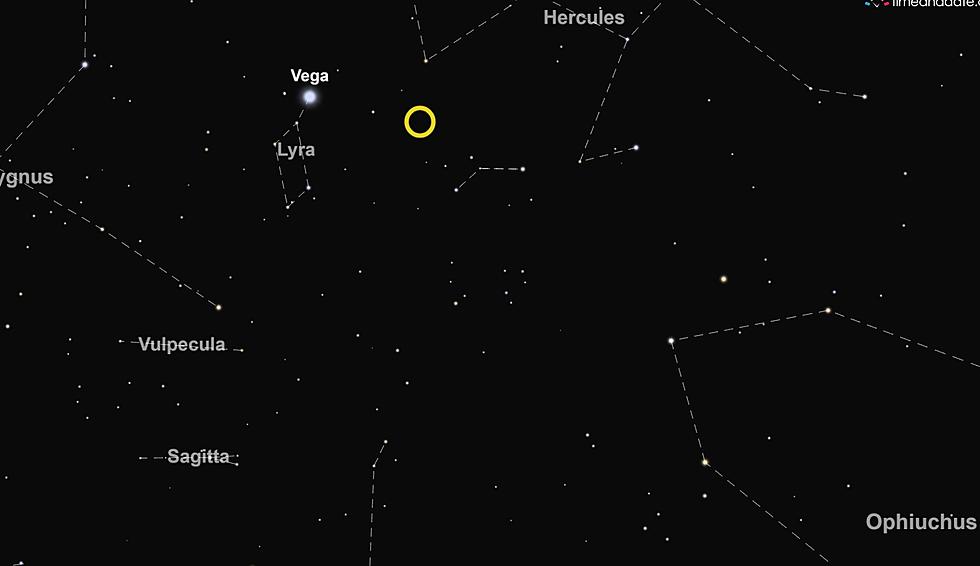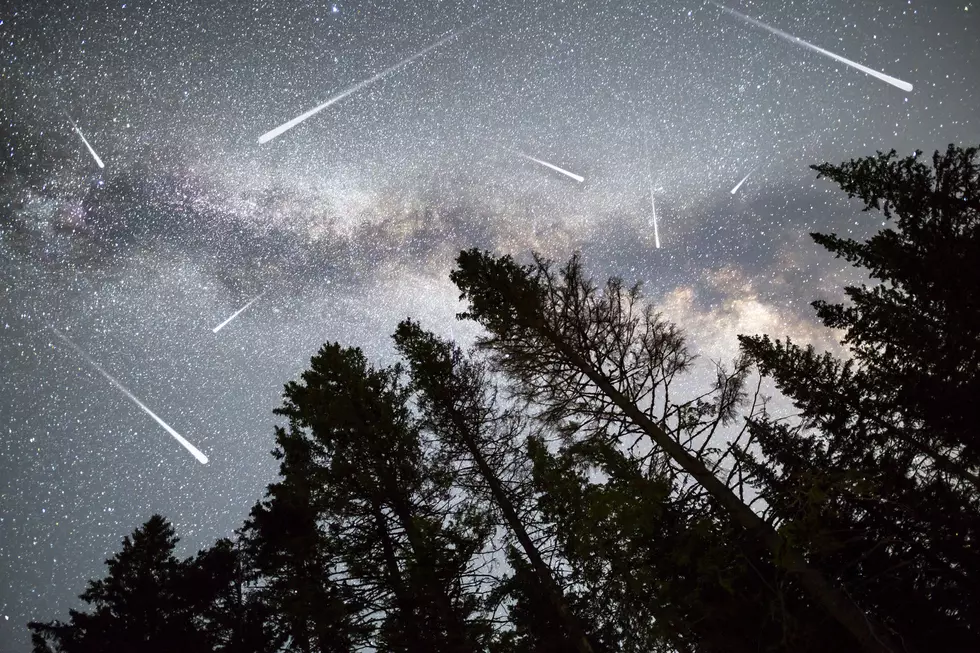
See the Perseid Meteor Shower This Week!
This year, the peak nights/mornings for the annual Perseid meteor shower is August 11, 12 and 13 ---- BUT those nights will be under a moonlit sky. Thankfully, the Perseids are bright and some of them may overcome the moon, even though it will be slightly past last quarter phase, it will still be bright. (The moon will rise after midnight this week)
As of Monday afternoon, the National Weather Service calls for mostly cloudy conditions on Wednesday and Thursday night, so your best chance may be Tuesday night/Wednesday morning.
How many can you see? As many as 40-50 OR MORE per hour.
Patience is key -- find an area outside of bright city lights and allow your eyes at least 20 minutes (or longer) to adjust to the darkness. Even though the Perseids radiate near the constellation Cassiopeia, (looks like a sideways "W" or a "3") they will be zipping all over the sky.
See the Must-Drive Roads in Every State
More From K92.3
![[WATCH] Flaming Ball Flies Across Eastern Iowa Sky](http://townsquare.media/site/726/files/2022/07/attachment-Meteor-3.jpg?w=980&q=75)

![[VIDEOS]: Midwest Meteor Spotted Over Cedar Falls](http://townsquare.media/site/726/files/2022/01/attachment-meteor-2.jpg?w=980&q=75)

![Eastern Iowa City Camera Catches Fireball Meteor [WATCH]](http://townsquare.media/site/675/files/2022/01/attachment-meteor.jpg?w=980&q=75)

![Fighter Jet Seen Flying Over Eastern Iowa [VIDEO]](http://townsquare.media/site/675/files/2021/04/jet.jpg?w=980&q=75)


